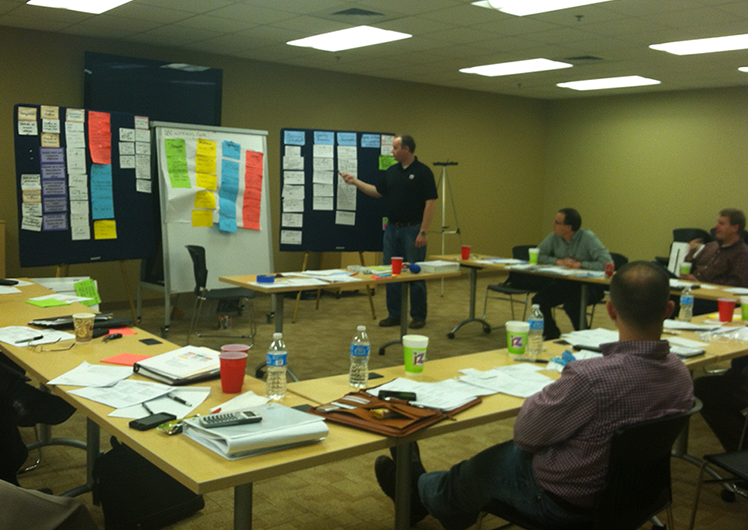For Safety Sake
I work with a lot of organizations where safety is the # 1 priority . These businesses have many programs, promotions and presentations to keep safety upmost in the minds of all employees. Of course, they are talking about physical safety – specifically working safe so that everyone can to go home to loved ones at the end of the workday physically whole, i.e. no accidents.
There is another type of safety that impacts not only physical safety but productivity, innovation and collaboration as well. This other type of safety is psychological safety which is defined as a belief that “I will not be punished or humiliated for speaking up with ideas, questions, concerned or mistakes.” When people feel psychologically safe, being at work feels energizing and joyful, information is shared openly and with enthusiasm, and meetings are effective and filled with laughter.
In a culture that is not psychologically safe:
- Accidents increase, because people hesitate to report concerns or offer suggestions.
- Innovation sparks, but never flames into a real application, because pushing a new idea might get you pushed right off your career track.
- Productivity wanes, when the increasing pressure and excelling pace found in every workplace feels heavier and more imposing because people don’t feel free to express their frustrations without being judged as weak or less than, by one sideways glance.
It is important to acknowledge that there are some individuals who, because of some past deep personal experiences, will never feel psychologically safe in any environment, but that is not my expertise or the focus of this article. But regarding teams, I have found that if a team has been together several years and is still exhibiting some of the behaviors mentioned above, it is usually a reflection of their shared past events. For example, the team was told clearly that they had authority in a certain area, but when they acted on that authority – they found out quickly and surely that they did not really have it. Or the team was charged to come up with a project plan and when they did, top management unilaterally and significantly changed the plan without explanation. Or after a meeting that didn’t go as as management wanted it to go, a scapegoat was found and everyone knows what happened, because that person has not spoken up in a meeting since.
Fortunately, there is a direct and effective way to re-create a psychologically safe environment for a team. It is called confessing your error in judgement, as well as the action you took and asking the team for forgiveness. I said direct and effective, not easy. If you would like to learn more about how to go about this, you can click on this video on psychological safety. It is very good.
Journal entry: Is there a team or some group that you need to do whatever-it-takes to help them feel safe so once again they can make their best contribution in leadership and life?



